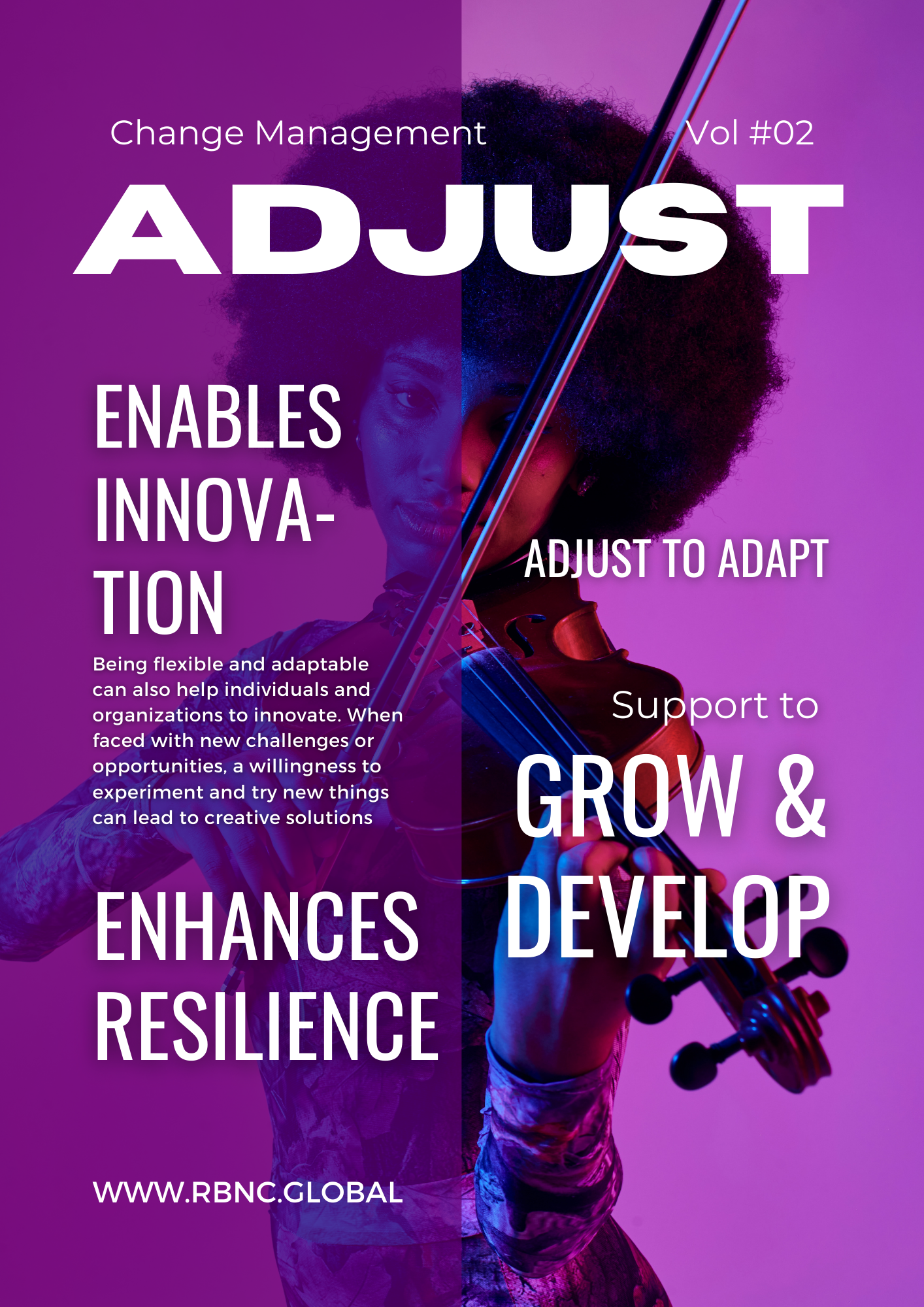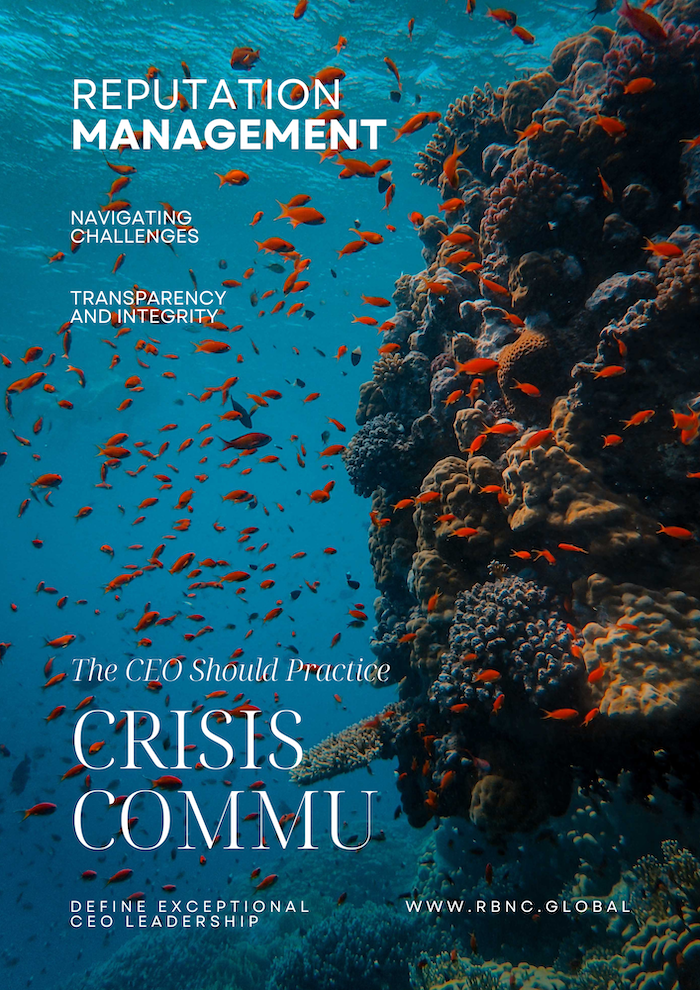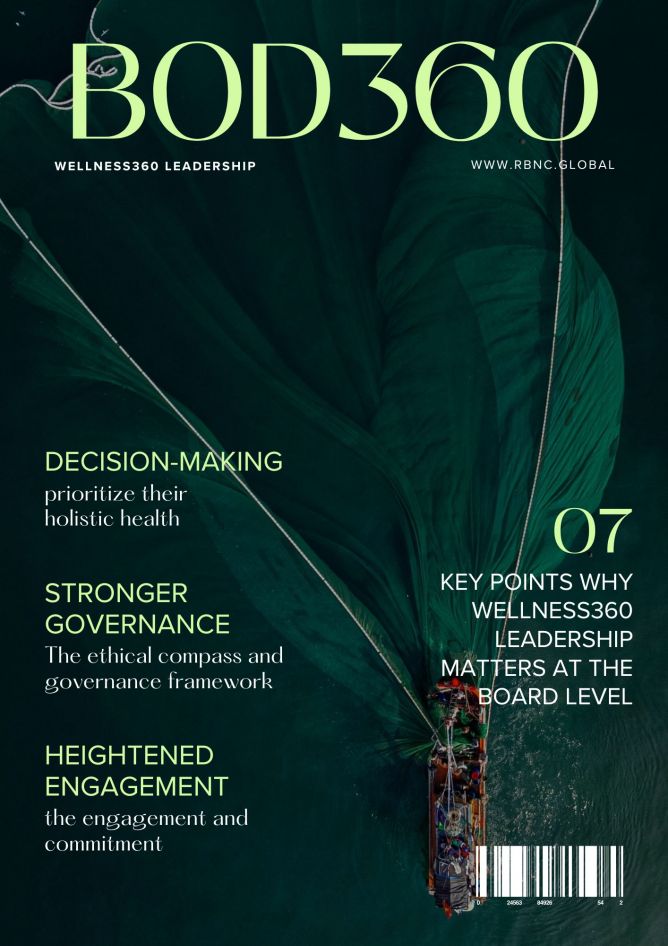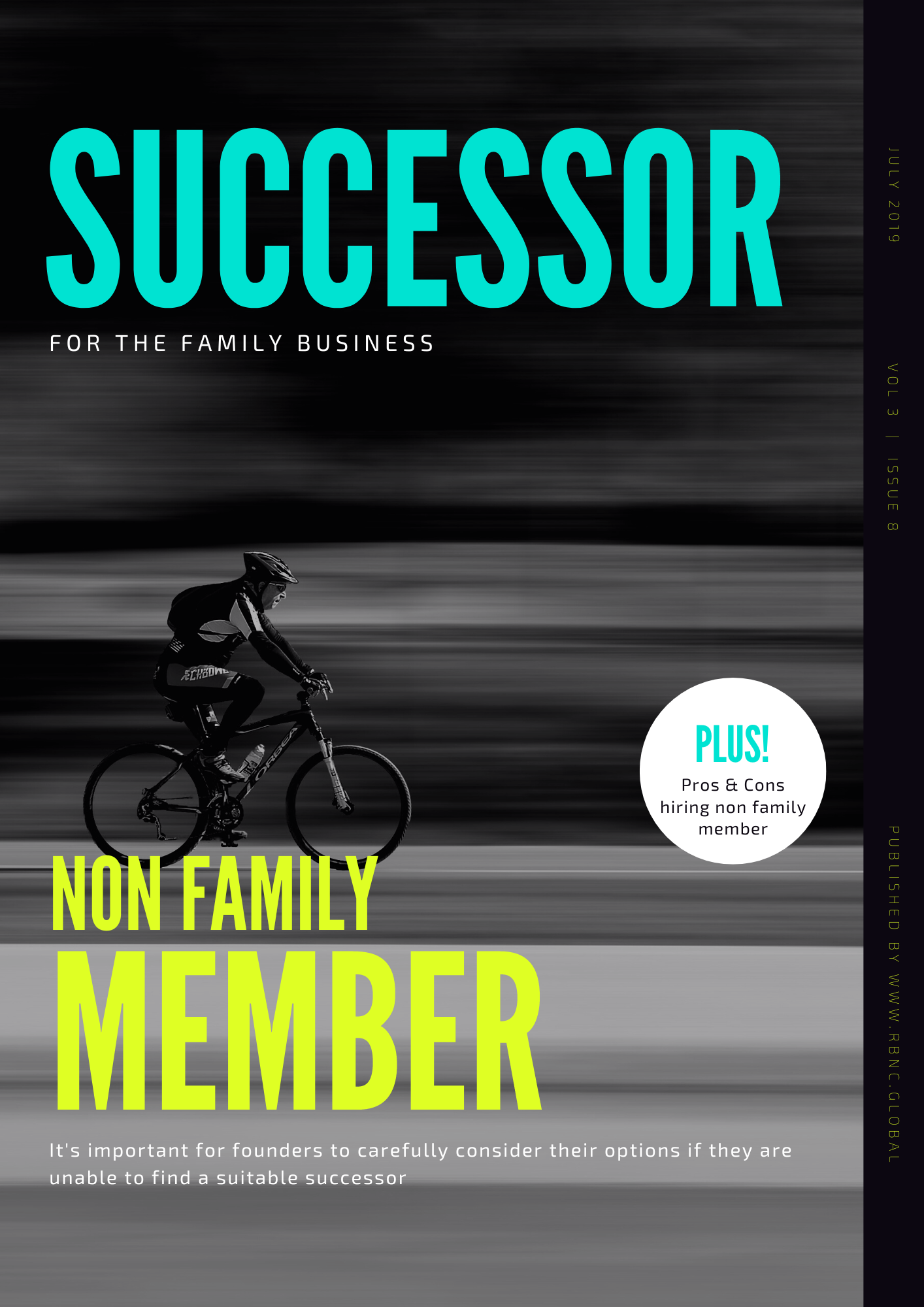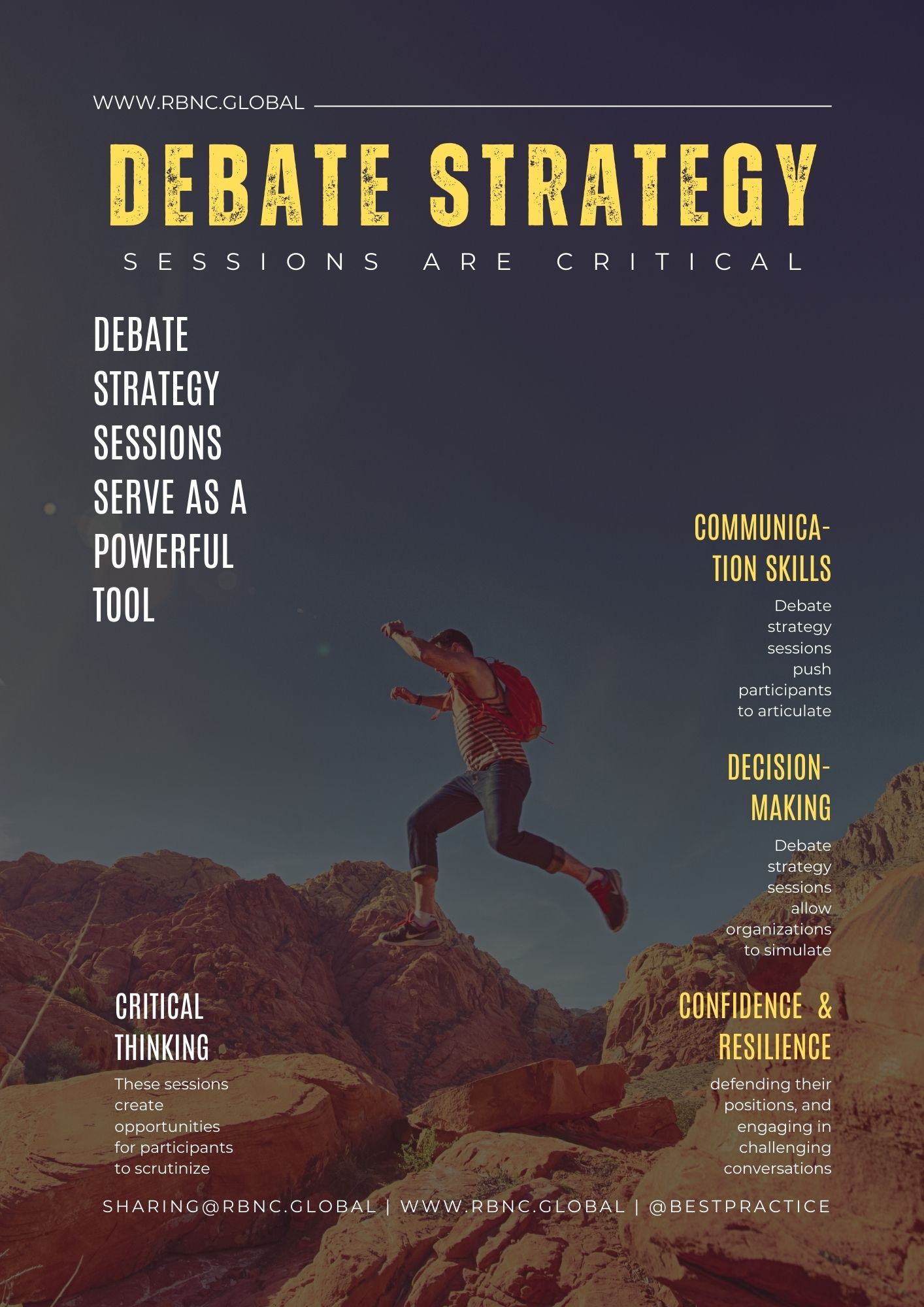Promoting Intellectual Wellness in Organization - What Executive Should Know
Intellectual wellness refers to the ability to engage in lifelong learning, expand your knowledge and skills, and explore new ideas and experiences. It is about cultivating your intellectual curiosity, creativity, and critical thinking skills
Intellectual wellness is important in an organization for several reasons:
- Improved Problem-Solving and Decision Making: Employees who engage in intellectual activities, such as reading, learning new skills, and attending training programs, are better equipped to solve problems and make informed decisions.
- Increased Innovation and Creativity: Intellectual wellness encourages creativity and innovation by inspiring employees to explore new ideas and approaches to problem-solving.
- Enhanced Professional Development: Intellectual wellness initiatives can provide opportunities for employees to enhance their skills and knowledge, leading to improved job performance and career advancement.
- Improved Employee Engagement: Encouraging intellectual wellness can improve employee engagement by demonstrating that the organization values and invests in its professional development.
- Competitive Advantage: Organizations that prioritize intellectual wellness are more likely to have a competitive advantage, as they are better able to adapt to changing industry trends and technological advancements.
- Positive Workplace Culture: Intellectual wellness can contribute to a positive workplace culture by fostering a sense of curiosity, learning, and growth among employees.
Promoting intellectual wellness in the workplace can help employees develop new skills, expand their knowledge base, and feel more engaged and fulfilled in their work. Here are some strategies that organizations can use to promote intellectual wellness:
- Provide Learning Opportunities: Offer opportunities for employees to develop new skills and knowledge, such as training programs, mentorship opportunities, or access to online courses or resources. Encourage employees to share their own expertise with others through internal knowledge-sharing sessions or lunch-and-learn events.
- Encourage Creative Thinking: Encourage employees to think creatively and come up with new ideas or solutions to problems. Create a culture that values experimentation and encourages employees to take risks and think outside the box.
- Foster Collaboration: Encourage collaboration and teamwork, both within teams and across departments. Provide opportunities for employees to work on cross-functional projects, share ideas, and learn from one another.
- Encourage Innovation: Foster a culture of innovation and encourage employees to share their ideas for new products, services, or processes. Offer incentives or rewards for employees who come up with innovative ideas that benefit the organization.
- Support Professional Development: Provide opportunities for employees to attend conferences, workshops, or other professional development events. Offer tuition reimbursement or other incentives for employees who pursue advanced degrees or certifications.
- Recognize and Reward Achievement: Recognize and reward employees who demonstrate intellectual curiosity and a commitment to learning. Offer opportunities for public recognition or promotions based on achievements related to intellectual growth and development.
Promoting Physical Wellness in Organization - What Executive Should Know >>> More
Promoting Emotional Wellness in Organization - What Executive Should Know >>> More
Promoting Occupational Wellness in Organization - What Executive Should Know >>> More
Promoting Spiritual Wellness in Organization - What Executive Should Know >>> More
Promoting Social Wellness in Organization - What Executive Should Know >>> More


